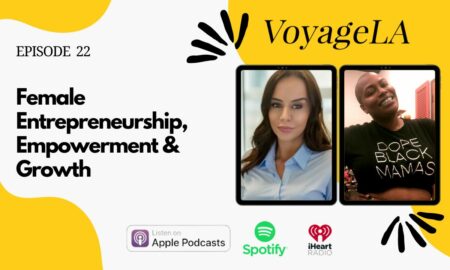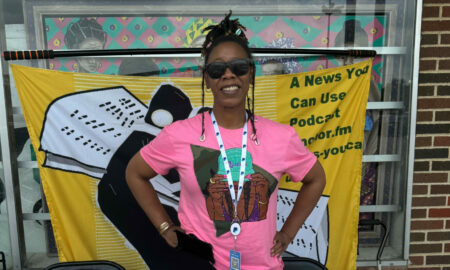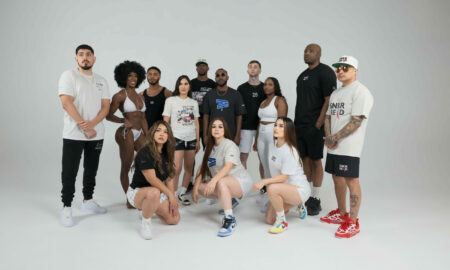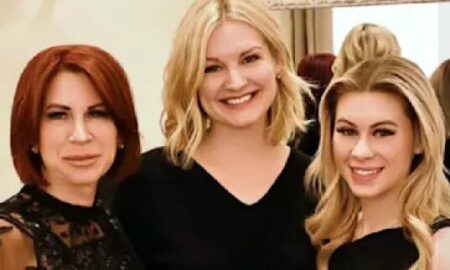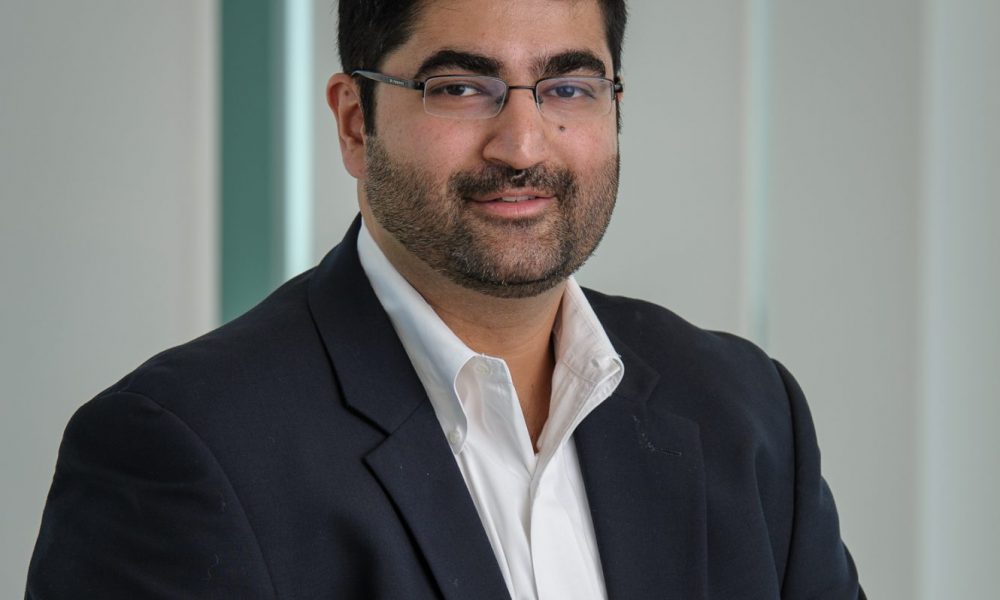

Today we’d like to introduce you to Uttam Tambar.
Uttam, let’s start with your story. We’d love to hear how you got started and how the journey has been so far.
I was born on November 22, 1978, in Barnsley, a small town in Yorkshire, England. I was the second son of Balvir Tambar and Neelam Tambar. From day one, I was fortunate to have the guidance of his older brother, Udai Tambar.
At the age of six months, I moved with his family to Delhi, India, where we spent three years. In December 1982, the family arrived in Queens, NY, which become our new home. As a young immigrant in New York City, I fell in love with baseball.
I attended the United Nations International School from kindergarten to the twelfth grade. In addition to being introduced to chemistry, I developed many amazing friendships with people from every corner of the world.
In 1996, I moved to Cambridge, MA to attend Harvard University. While pursuing a major in Chemistry and Physics, I was introduced to chemical research. Under the guidance of Stuart Schreiber and Cynthia Friend, I began to appreciate molecular beauty at a new level. I soon decided to pursue a career in organic chemistry.
In 2000, I moved to the California Institute of Technology in Pasadena, CA to join the laboratory of Brian M. Stoltz. By December 2005, twenty-three years after I first came to the USA, I earned his Ph.D. for the development of convergent methods to synthesize rings in the context of natural product synthesis.
I joined the laboratory of James L. Leighton at Columbia University in early 2006 for my NIH funded postdoctoral studies. I was introduced to the field of stereoselective synthesis, which would become the cornerstone of my own research program.
In 2009, I moved to the University of Texas Southwestern Medical Center to begin my independent research career. I am currently an Associate Professor in the Biochemistry Department and a W. W. Caruth, Jr. Scholar in Biomedical Research. Since commencing my independent career at UT Southwestern, my laboratory has made high impact discoveries in organic chemistry that have impacted the field, with broad applications in medicine and materials science. In particular, we have pioneered a new approach to the selective functionalization of hydrocarbons. I have won numerous awards, including the Sloan Foundation Research Fellowship, Thieme Chemistry Journal Award, NSF Faculty Early Career Development Award, Welch Foundation Norman Hackerman Award In Chemical Research, and Dallas Tiki Week Home Bartender Award.
Overall, has it been relatively smooth? If not, what were some of the struggles along the way?
Of course, there have been obstacles. Scientific researchers by definition are meant to encounter obstacles because we are trying to push the boundaries of what is possible. Most of the experiments we attempt will end up failing or giving us an unexpected result. But that’s one of the things I love about science. If everything we did worked, it would be boring.
Graduate school was the first time I really learned what it meant to experience obstacles in research. The first two years of my Ph.D. were great. Everything we did worked. But then, we hit a wall for a couple of years, where everything we did gave us unexpected or disappointing results. Ironically, I learned a lot more during the challenging years than during the easy years. Today, when our lab encounters a streak of obstacles, I draw upon that challenging time in graduate school for strength and perspective.
What else should our readers know?
Our laboratory is involved in two types of research. We conduct experiments in fundamental chemistry, and we work with biologists at the Medical Center to discover new medicines.
For our fundamental research, our laboratory has pioneered a new approach to the selective functionalization of hydrocarbons. Hydrocarbons, which are inert chemicals composed of carbon and hydrogen, are ideal starting materials for chemical processes because they are inexpensive and abundant components of petrochemical feedstock. But hydrocarbons are also challenging substrates for chemical synthesis because it is difficult to selectively transform a single C–H bond into a new bond in the presence of several sterically and electronically similar C–H bonds. As a result, the catalytic and selective conversion of hydrocarbons has to date remained an unsolved problem in chemistry. Our laboratory reasoned that a general solution to the selective functionalization of hydrocarbons would provide more efficient and practical strategies for designing and manipulating organic molecules. The traditional approach studied by other chemists for hydrocarbon functionalization relies on metal-catalyzed activation of C-H bonds. We devised a new platform for the catalytic and selective activation of hydrocarbons that leverages the high selectivity of pericyclic reactions, a class of chemical processes that have found wide use in chemical synthesis but not for the activation of hydrocarbons. The advantage of our chemistry lies in its ability to harness petrochemical feedstocks for the rapid construction of chiral and synthetically versatile building blocks.
For our research in discovering new medicines, we have been interested in using organic chemistry to develop new therapies for cancer. Our laboratory recently discovered new chemicals chemistry that could serve as the foundation for a new drug for kidney cancer. We developed isoform-selective inhibitors of hypoxia-inducible factor 2, a transcription factor that is a key component in the deregulated growth and remodeled metabolism of cancer cells. Our collaborators and we filed a patent and licensed several of our chemicals to a startup company Peleton Therapeutics, which was recently acquired by Merck & Co. for more than $1 billion.
If you had to go back in time and start over, would you have done anything differently?
If you had to start over, I would have taken more non-science classes in college. In graduate school, you will spend a lot of time taking classes in your area of expertise. I just wish I had taken more classes in disparate areas, like drama, cooking, art history.
Contact Info:
- Address: 5323 Harry Hines Blvd.
Dallas, TX 75390-9038 - Website: http://www.utsouthwestern.edu/labs/tambar/
- Phone: 214-648-0580
- Email: uttam.tambar@utsouthwestern.edu
- Twitter: @TambarLab



Image Credit:
Madhu Manna
Getting in touch: VoyageDallas is built on recommendations from the community; it’s how we uncover hidden gems, so if you know someone who deserves recognition please let us know here.












